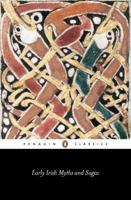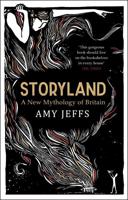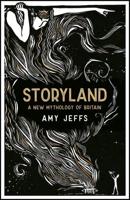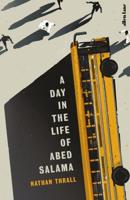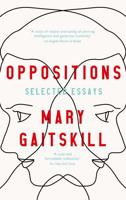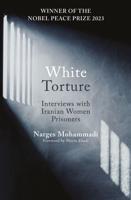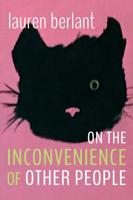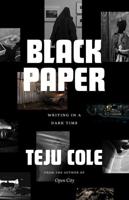Publisher's Synopsis
C.G. Jung regarded psychology to be a modern form of myth. Shaped by archetypal structures, psychological theories, he maintained, do not simply explain our psychic life in the manner of a science, they also give expression to the soul. Inspired by this insight, the present book examines the writings of Freud and Jung in the light of Norse mythology. Ideas such as psychic reality, ego-ideal, participation mystique, and kinship libido are seen as mythological figures, the figures of Thor, Baldr, and the Volsungs. Illumined in this way, the founding texts of psychoanalysis and analytical psychology are shown to be a veritable pantheon of God-terms. Jungs theory of the archetype is read as a variant of the old stories concerning Thors encounters with the giants. Freuds theories of a death instinct, repetition compulsion, mourning and the ego-ideal are read as a variant to the tale of Baldrs death. And the fractious relations of Freud, Jung and Sabina Spielrein are seen as reflecting the saga of the Volsungs. Imaginative and scholarly, Northern Gnosis will be valued by the psychoanalytic reader for its fresh appreciation of Freud and Jung as makers of the myths that continue to inform our minds.

